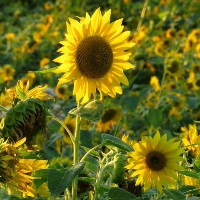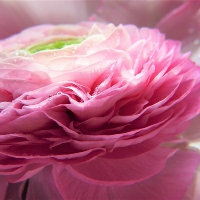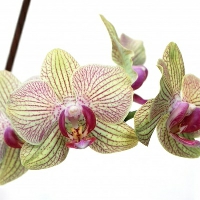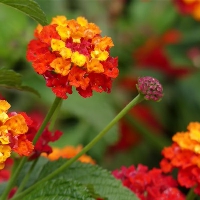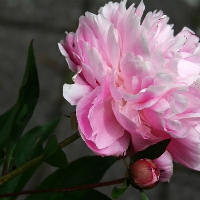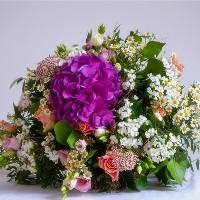What are the ways to improve on-the-job education? There are four adult higher education ways to improve on-the-job education, including distance education, adult college entrance examination, and open university. You can apply for three academic levels, namely, college entrance examination, junior college entrance examination, and junior college entrance examination (the second degree of undergraduate), and obtain a junior college or undergraduate diploma; You can also have at least
Expand Details